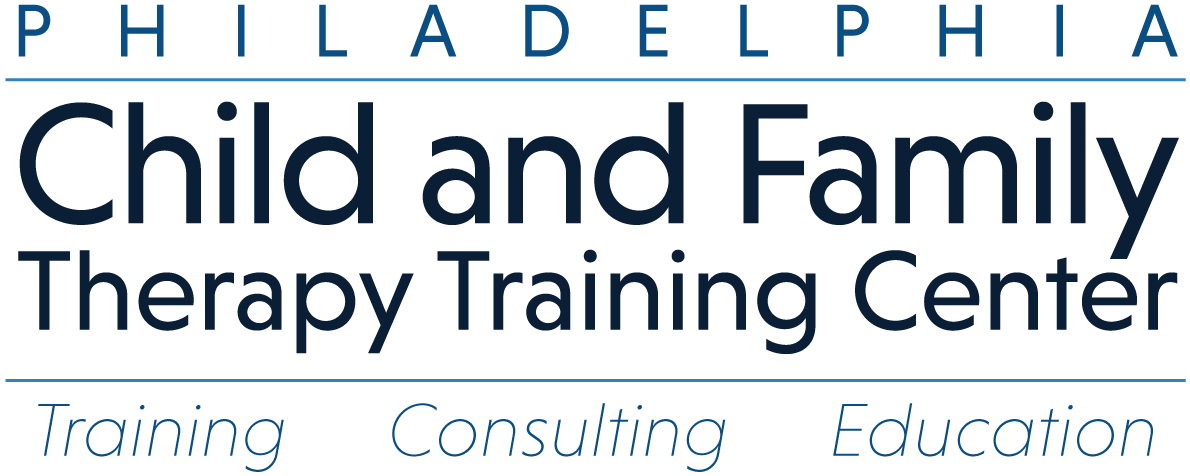
Therapists are often told to stay reflective, take feedback in stride, and manage their energy. But when you’re experiencing emotional burnout, even minor criticism from a client can feel overwhelming.
Burnout isn’t a sign that you’re doing something wrong—it’s often a sign that you’ve been giving without enough replenishment. And when that’s paired with negative client feedback, it can create self-doubt and isolation.
Systemic family therapists are trained to hold complexity, but we often forget that we are also part of the system. We are influenced by the emotional load we carry, and by the stories we witness. If we don’t build structures of care around ourselves, we start to lose the clarity and compassion that make this work meaningful.
Negative feedback doesn’t have to be internalized—it can be contextualized. Ask: Is this about the therapeutic relationship? A reaction to change? A reflection of broader stress in the system?
More importantly, how are you tending to yourself? Supervision, peer support, and even a quiet walk after a tough session are not luxuries—they’re necessities. Therapists can’t pour from an empty cup. We need to refill regularly, and permission ourselves to rest without guilt.
